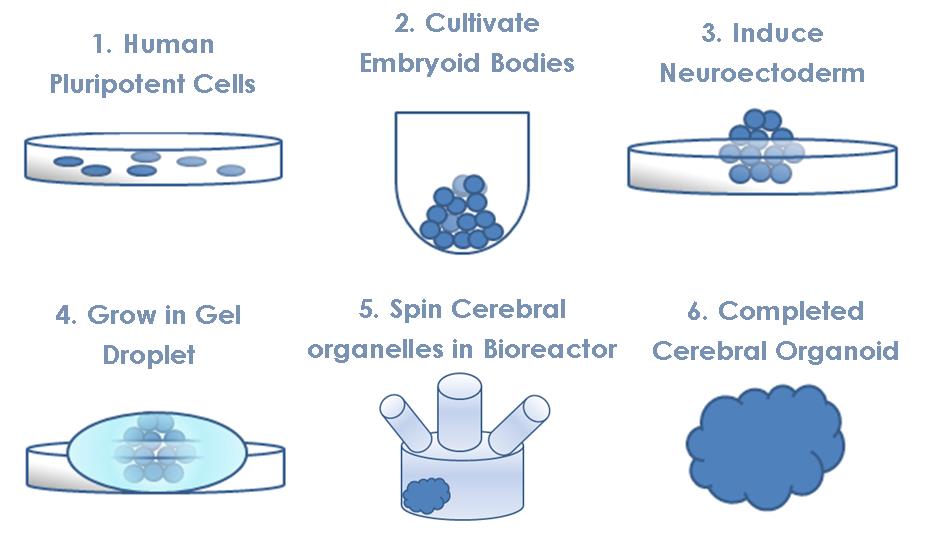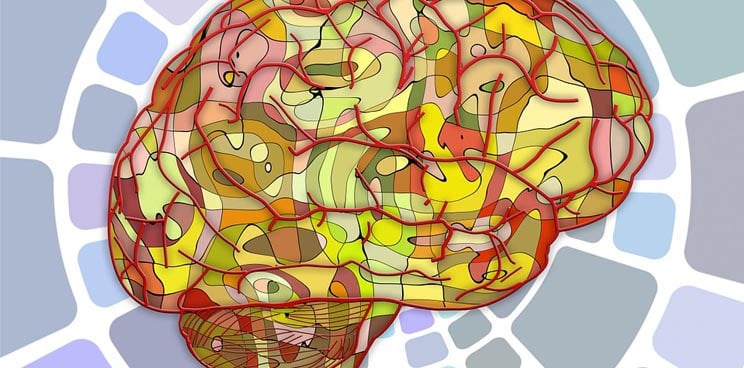Mini brains, about 3-4 mm are a breakthrough in Neurology which will enable researchers to study the development of neurological disease and perform drug tests ex vivo.
 Scientists from Institute of Molecular Biotechnology (IMBA) in Vienna are underpinning the secrets behind the most fascinating human’s organ, the brain. By essentially growing brains from scratch, the researchers are able to better understand anomalies in neurological disease, including the physiology behind neurological pathologies such as Schizophrenia and Autism.
Scientists from Institute of Molecular Biotechnology (IMBA) in Vienna are underpinning the secrets behind the most fascinating human’s organ, the brain. By essentially growing brains from scratch, the researchers are able to better understand anomalies in neurological disease, including the physiology behind neurological pathologies such as Schizophrenia and Autism.
This new discovery published in Nature will cool off our animal friendly reader because the research group lead by Jürgen Knoblich focuses strictly on human brain cells. In fact, it is well known that the use of animals in neuroscience studies is not always solid, due to the complexity of the human brain.
So, researchers at the IMBA produced a world-first faithful replica.
Until now, only very basic replicas of other organs have been produced (although there is the increasingly sophisticated ‘Organs-on-Chips’ party), but since now, none of them has been successfully applied to real brain human cells.
This is the first time that in vitro brain tissue developed a proper three-dimensional structure with distinct regions starting from induced pluripotent stem cells (iPS). The tissue produced has been called a ‘mini-brain’ because the dimensions of the ‘organoid’ average at just 4mm x 4mm.

Interestingly the first 9 weeks of brain growth exactly mimics real embryonic growth, although there are few differences from a real human brain – e.g. a lack of blood vessels. Because of the lack of circulation, the cells are therefore fed with a mixture of substances designed to encourage the cell ‘self-organization’.
Amazingly, through imaging techniques, the mini brain even revealed signs of neural activity – however this does not prove that the brain is conscious…
Another area of pathology research with these mini-brains is the condition microcephaly (a genetic disorder that causes reduced size brain and mental disability). Asides this though, mini-brains could also one day lead to a reduced dependence on animal models for pharmacological tests improve reliability of results on neuronal tissue.
So, which is better…growing Mini-brains or using a Brain Micro-chip to study Neurological disease?





